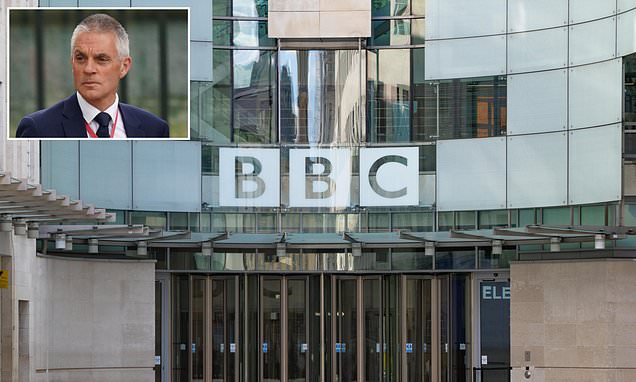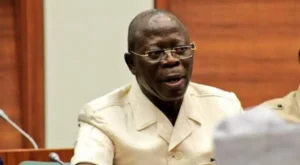The BBC has announced that it will cut 500 jobs as part of its effort to save £200 million. This move is aimed at driving the transformation of the corporation, focusing on enhancing its premium video content and digital capabilities.
Leigh Tavaziva, the BBC’s chief operating adviser, explained that the changes are necessary to make the BBC more flexible and efficient. In March of this year, the BBC revealed a need for an additional £200 million in savings to continue its transformation plans.
The BBC is already working on saving £500 million from a plan announced two years ago. The current job cuts are part of this ongoing effort. Tavaziva highlighted that significant steps are being taken to make the corporation more adaptable.
The plan includes closing and transferring some roles, while creating new positions in areas that are expected to grow. This will result in a net reduction of 500 roles in the public service by March 2026. Additionally, there will be growth in targeted areas within the BBC’s commercial group.
To support these changes, the BBC is launching a new voluntary redundancy scheme for staff. Tavaziva emphasized the importance of protecting and championing the BBC’s role as the UK’s public service broadcaster for both local and global audiences.
In recent years, the BBC has made several cuts to save money. In 2023, it announced the reduction of 1,000 hours of TV content, including half from sports. It also scrapped its in-house chamber choir, the BBC Singers, and reduced orchestral posts across its English orchestras by 20%. In 2022, the BBC made £11 million worth of cuts in local radio, requiring its 39 stations to share content and broadcast less local content.
Back in 2016, the BBC planned to cut £800 million in costs, with £80 million coming from news. This led to the axing of the Andrew Neil Show in 2020, along with 450 jobs in English regional TV news, current affairs, local radio, and online news.
Despite these challenges, Tavaziva expressed pride in the exceptional content, creativity, delivery, and innovation that BBC teams provide every day.







